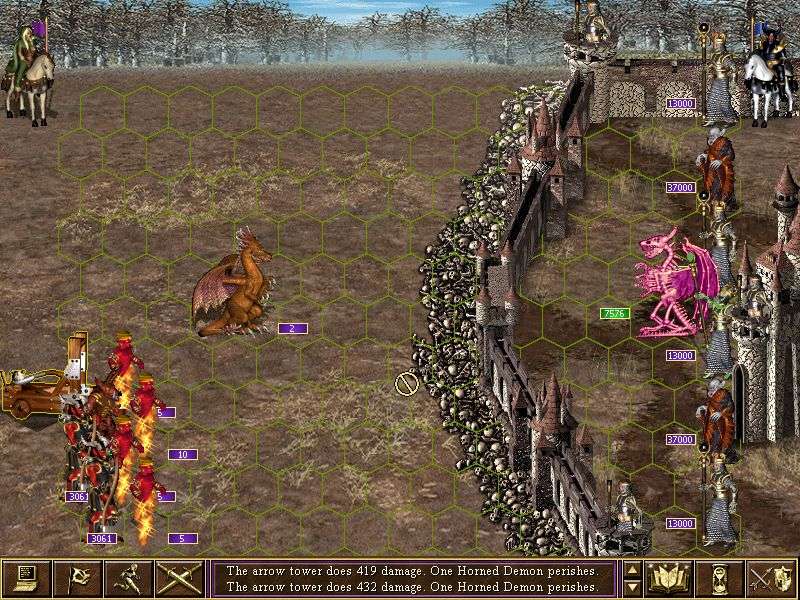
I'm not advocating introducing a bunch of rules, only drawing reasonable common sense lines about what players can carry and, if they can't carry it, what they do with it. I was only suggesting a way around the problem of characters having too much gold. But as a DM you can modify encounters by instinct and throw some more monsters or monsters of higher levels at them to keep the balance. Keep in mind that these mechanics allow players to get stronger and therefore the basic balance of the game won't be suitable in all situations. This could also be a possibility to use the gold and give the players an option to enhance their gear. Crafting the sockets into gear will consume different amounts of money. There are also some cool Gem socketing rules, where players can enhance their gear with gems.

Moreover i am planning to use the Stronghold Rules, another option to spend the hard earned money. In my campaign players can occasionally find a merchant who sells a magic item and they find some formulas for crafting magic items where they also have to spend their money to advance in the crafting process. If you are willing to use some house rules the following could be interesting: Like any economy, gold in D&D only has value based on the value ascribed to it by the actors in that economy. This isn't first edition, where players earned XP based squarely on the gold they made - party members have to determine why they're doing what they're doing, and whether their goals require currency. If you have the rare adventuring party whose motivations are entirely non-monetary, then you can tell them at some point to stop doing gold bookkeeping and focus on playing. D&D is not a video game - PCs have motivations outside of simply spending money on rote loot to get through the next adventure. It helps if there are subgoals along the way - raising money to pay off one's gambling debts, indulging in expensive downtime activities, or a family member's farm loans. Most adventurers are (at least partially) in it for the money - to be able to afford to buy a homestead or temple, to purchase land and a noble title, to start their own business, or simply to raise enough to retire comfortably. It is not the DM's responsibility to determine why characters want to be adventurers, although you should be instilling in your players the mindset that they need to figure this out. The purpose of gold in 5e is instead whatever each character wants gold for. Buying magic items is not an "omission", it is a conscious design decision to make magic items feel special rather than mechanical (and to reduce the amount of insipid busywork of item creation and accounting). This is unless you bring in the optional magic item crafting, purchase, and selling values listed in the DMG, but given how the game is balanced, I wouldn't recommend it.
#Dmg wealth town full#
This edition sheds the mindset where gold is necessary for character development - unless your character is after full plate, chances are they'll run out of shopping to do by about level 3.

Then the party has to bust into their own home and fight to take it back. When they get home, they find that one of their minions sort of assumed control of the place while they were gone and has fortified the area and bought up some monster mercenaries and such, maybe they are even terrorizing the surrounding lands using the player's keep as a base of operations.

There are also base-building mini games that exist, so that the party can buy of a crappy old manor or keep and fix it up, hire some underlings to take care of it, and have a nice place to come home to and display all their cool trophies after each adventure.ĮDIT EDIT: You can even que up a fun bit of adventure where the party spends a lot of time and effort building up their home over the course of several adventures and then is sent off on a long quest. are good ways for players to build up connections in the community and spending their gold so it doesn't pile up so high. My players sometimes have dumped thousands of gold into "multi-day" bashes in order to get an edge on an adventure.ĮDIT: Other than that, other social things like donations to local temples, maybe a druid or ranger conservation effort outside of town, paying off the local mob/thieves guild, etc. I usually ask my players how much gold they plan on spending on a celebratory bash after they get back from a dungeon and the more money they throw around, the cooler people they meet who need things done, or maybe they get more information about their next quest because their party attracts more people who just know things. The best way to attract high-class clients who need problems solved is to throw expensive parties. I make my parties spend gold on big social gatherings.


 0 kommentar(er)
0 kommentar(er)
